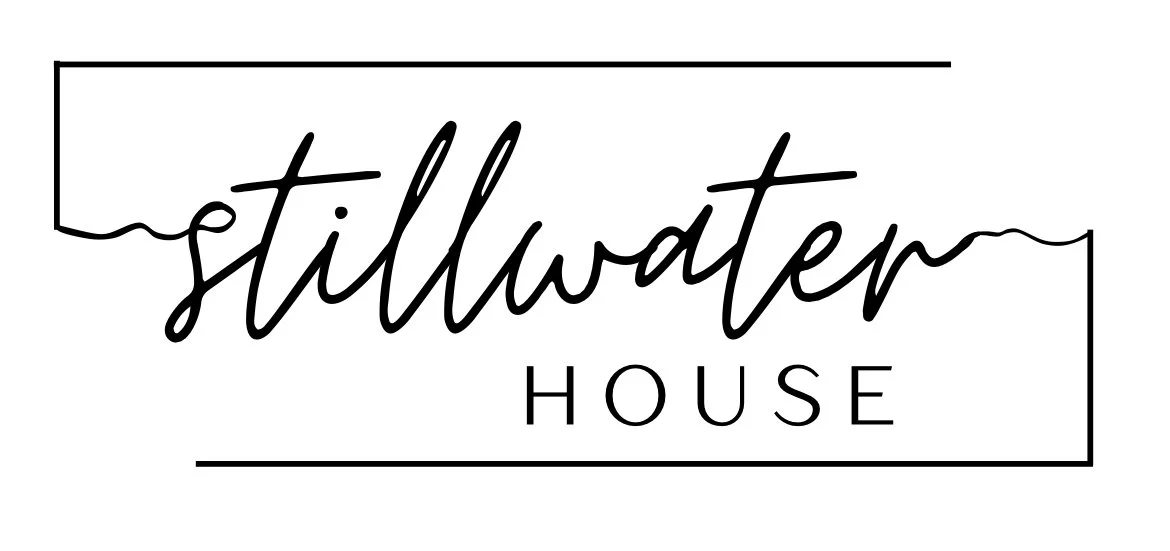Reflections from my soul to yours.
Boundaries Spark Revival
Nehemiah 7
Jerusalem, as a particular place within certain parameters, has been physically defined by its new walls and gates. Boundary lines are set in stone, clearly establishing the city limits.
We can easily overlook the importance of place today, at a time when working remotely, shopping online, and socializing through a screen removes the need for a place. But out of all the destinations on the map of the world, Jerusalem had been God’s hand-picked place where He would meet in-person with His people. It was meant to be the epi-center for accurate and passionate worship of the only God and King, and from the burning light of this city on a hill, worship could catch like wildfire, crossing cultures and spreading from one kingdom to the next until the whole earth was consumed.
When that didn’t happen in this place, God allowed its destruction.
For Nehemiah, rebuilding Jerusalem wasn’t driven by nostalgia, but by conviction: perhaps this time, this place could be what it was always intended to be in the world. That would require, not just defining the city itself, but also defining the people inside, beginning with their leadership.
Nehemiah places the charge of Jerusalem on two men: Hananiah who rises above the rest as a “faithful and God-fearing man” and Hanani, his brother. We met Hanani back in the first chapter of the book (1:2), where he made the journey to Susa and shared with Nehemiah his concern for the city. Government in a city that bridged heaven and earth, could only be properly carried out by those who felt that burden and lived with qualities like “faithful and God-fearing.” Now Nehemiah hands the two of them the reins.
Nehemiah then senses God moving him to organize the people according to genealogical records. Looking back through documentation from returnees to Jerusalem, about 100 years earlier, the people fall into 5 categories:
Men of the people of Israel
Priests
Levites
Temple servants
Sons of Solomon’s servants
God “put it into” his heart to trace the people’s ancestry back to their roots, but today, these records are the verses I typically skip. Why is this list of names important enough to record, not once, but twice (Ezra 2)?
Through the people’s ancestry, came particular rights and responsibilities: specific land had been given out according to ancestry; the calling to oversee temple worship had been delegated according to lineage; the Messiah would come through one ancestral line.
At the rebirth of this city, the people would define themselves, first and foremost, the way God did, as they looked back to their forefathers. They would be given land, or a temple position, not because they arrived first or raised their hand the highest. They would be allotted a place according to God’s plan, not their own.
This was a place with boundaries. These were a people with boundaries. And when God is the One who sets them, they’re the kind of boundaries that will move the people to worship, just as they moved the Psalmist to worship, exclaiming, “The boundary lines have fallen for me in pleasant places; I have a beautiful inheritance.” Psalm 16:6
Psalm 139:1-18
I was in 6th grade when a small group teacher challenged our circle of friends to memorize Psalm 139. I’m sure she taught insightful truths that year and had biblical advice to give us girls, but the only lesson from those weekly gatherings that remains in my heart to this day, is this chapter.
It’s one of the scriptures that sustained me through years of teenage self-doubts, pregnancy with our two boys, moving internationally, wrestling through anxiety, and walking in life’s unknowns.
These words came to me as I was studying recently, so I share with the hope that if you’re feeling unseen, unknown, or unsettled, you’ll take the original Psalm to heart.
Psalm 139:1-18, A Poem
Lord, how deep is your knowing:
Actions I take without thinking, every move, you are tracking.
Thoughts I’ll have- before their coming- you can see them arriving.
Paths I’m on and where I’m sleeping, you know where those are going.
Words that my lips are still forming, you hear before I’m speaking.
Behind, before, and surrounding, your hand does all the holding.
And anywhere that I’m dwelling, Your Spirit’s present, leading.
Even darkness overwhelming, can’t hide me from your viewing.
You formed me with a belonging, knit-in since my beginning.
Handmade and built to be lasting, “So good!” you called your crafting.
My bones, in dark you were weaving, a temple for your dwelling.
Books opened up for your reading, each day you were preparing.
Thoughts too many for numbering, of me you’re always thinking.
Present even in my sleeping, I find you constant, keeping.
Dead or Alive
Being just two weeks away from Halloween, more skeletons are turning up as lawn ornaments on my daily walks through our neighborhood. Bones dangling from green tree branches and skulls peering out from the grass have earned the term decoration. Death resurfaces, becomes normalized, and gets celebrated.
And death can resurface in our spiritual life, Colossians 3:1-11 tells us. Remains that have been buried, because they’re old and dead, rear their ugly head. Skeletons in the closet creep out to the front yard and become socially acceptable, even celebrated:
Immorality
Impurity
Passion
Evil desire
Covetousness
Idolatry
Anger
Wrath
Malice
Slander
Obscene talk
Lies
Racism
Elitism
Legalism
Any of these that may have once been a part of my way of life, my culture, my natural responses, my worldview, and my social status, belong to someone who is actually dead. If I’m raised with Christ, then that means I died, so I put these remnants of death in the grave, not in storage.

